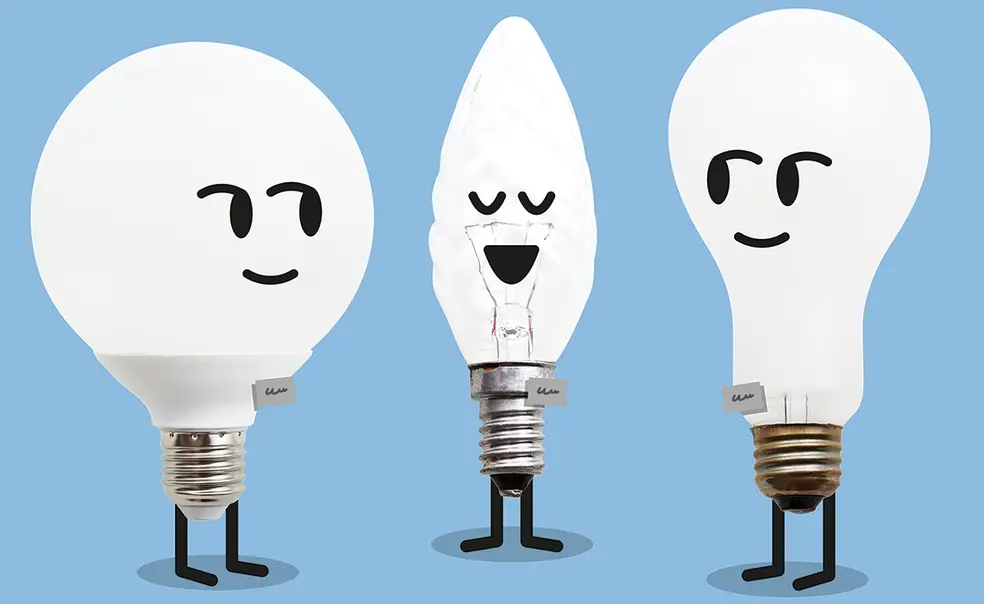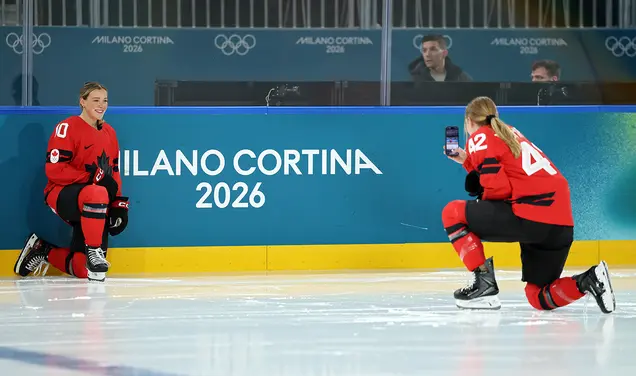Real-World Research: Meeting of Minds
Collaboration, student innovations on display at Princeton’s Research Day
The third annual celebration of Princeton research, held May 10 at the Frist Campus Center, was open to all non-faculty members, from freshmen to graduate students to postdocs. More than 190 people participated, across departments and academic disciplines. For those in the audience, even choosing among the concurrently scheduled sessions proved to be challenging.
Presentations were short, the longer ones lasting just 10 minutes, while the shortest — dubbed “elevator pitches”— challenged students to deliver a précis of their work in a mere 90 seconds. A few were chosen for 15-minute presentations, while some preferred to display their findings on posters throughout the Frist lobby.
Organizers — the dean of the college, dean of the faculty, dean of the Graduate School, dean of research, and the provost — arranged the talks around themes rather than subjects. A session called “Some Like It Hot,” for example, featured a presentation by an associate research scholar on Japanese copper smelting; another by a junior undergraduate on gaseous exoplanets; and two by graduate students on sustainable methods of air conditioning and insulating fusion reactors from hot plasma.
Christine Murphy, the assistant dean for academic affairs in the Office of the Dean of the Graduate School, explained that mixing groups put the student research before a broader audience and better imitated the line-blurring nature of academic research. “We wanted to show that research is interdisciplinary,” Murphy said. “We try to look at content and collaboration in a broader way.”
When the call went out for submissions in December, Katherine Giordano ’18 doubted that she could summarize her work in the Princeton Baby Lab. “My topic is too complex,” she told herself. “Then I thought, ‘No, I’m going to do this.’ ” In the end, Giordano whizzed through a 90-second elevator pitch about how clustering information affects the way children learn.
While some presenters discussed projects that they had already completed, such as a senior thesis, other projects are ongoing. Solene LeVan ’18, a classical singer and violinist, discussed the repertoire of three composers who fled the Nazis in the 1930s and settled in the United States. She uncovered their works as part of an independent research project and is now working with Centaur Records to record several compositions that have not been heard publicly in generations.
Awards were given based on scores by a team of 180 judges, including faculty, students, community members, audience members, and — for the first time — returning graduate alumni. Sarah-Jane Leslie *07, dean of the Graduate School, remarked that the breadth of imagination on display instilled her with hope. “Princeton students just might save the world,” she predicted.
One of the judges, freshman Casey Conrad ’21, felt similarly. Asked what he had learned, Conrad first joked, “That people are a lot smarter than me.” He then corrected himself. “No seriously,” he said, “there are some super-interesting projects going on here.”












No responses yet